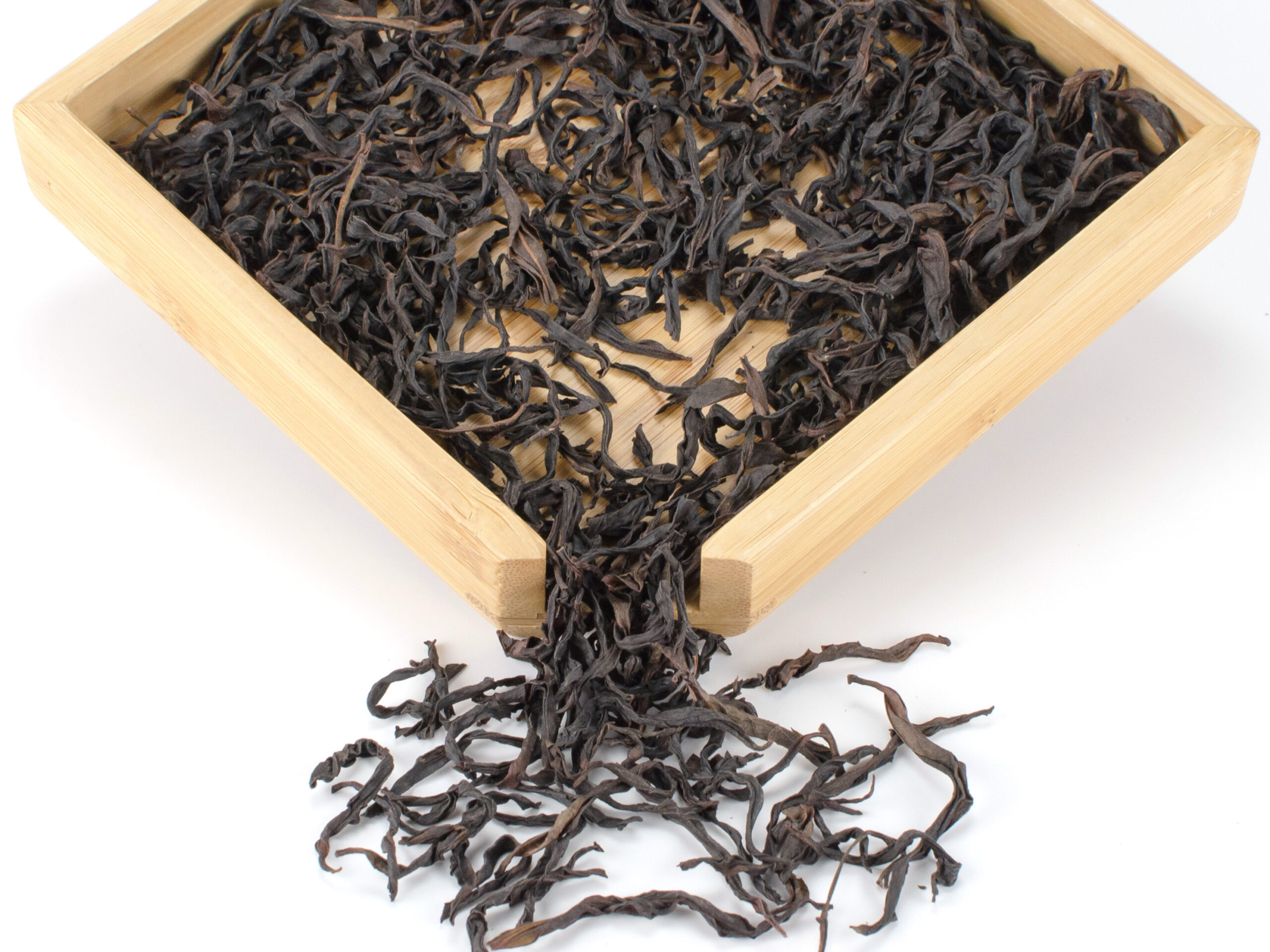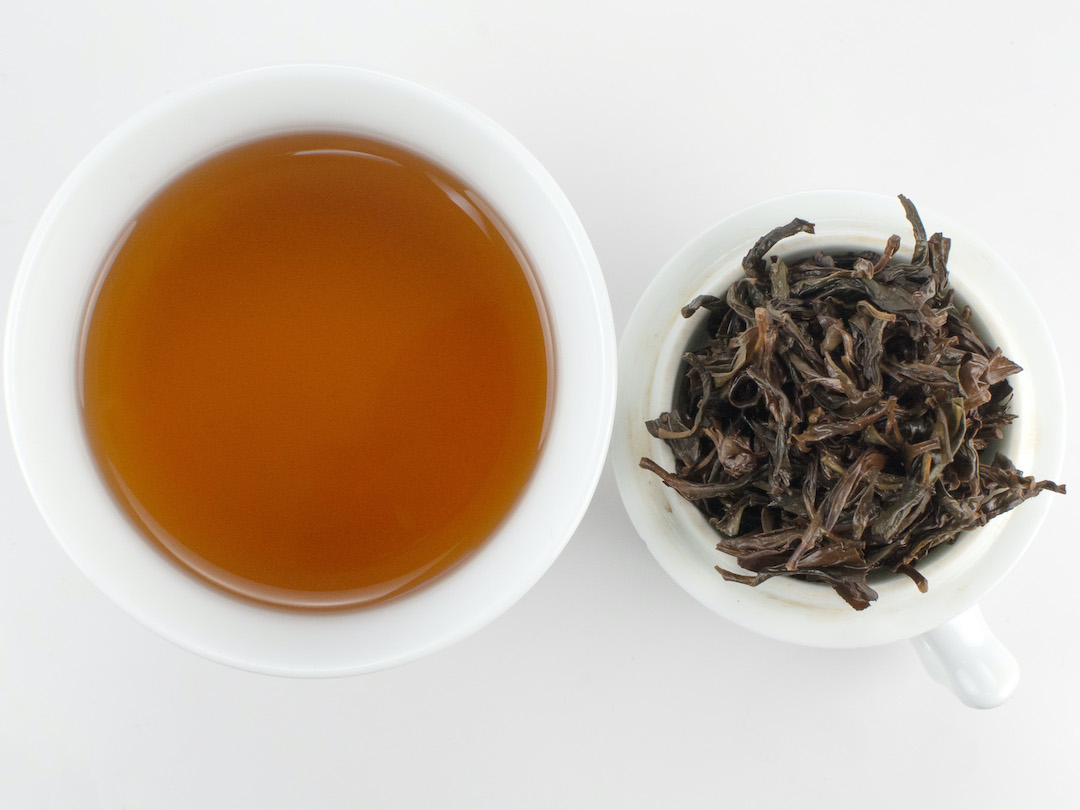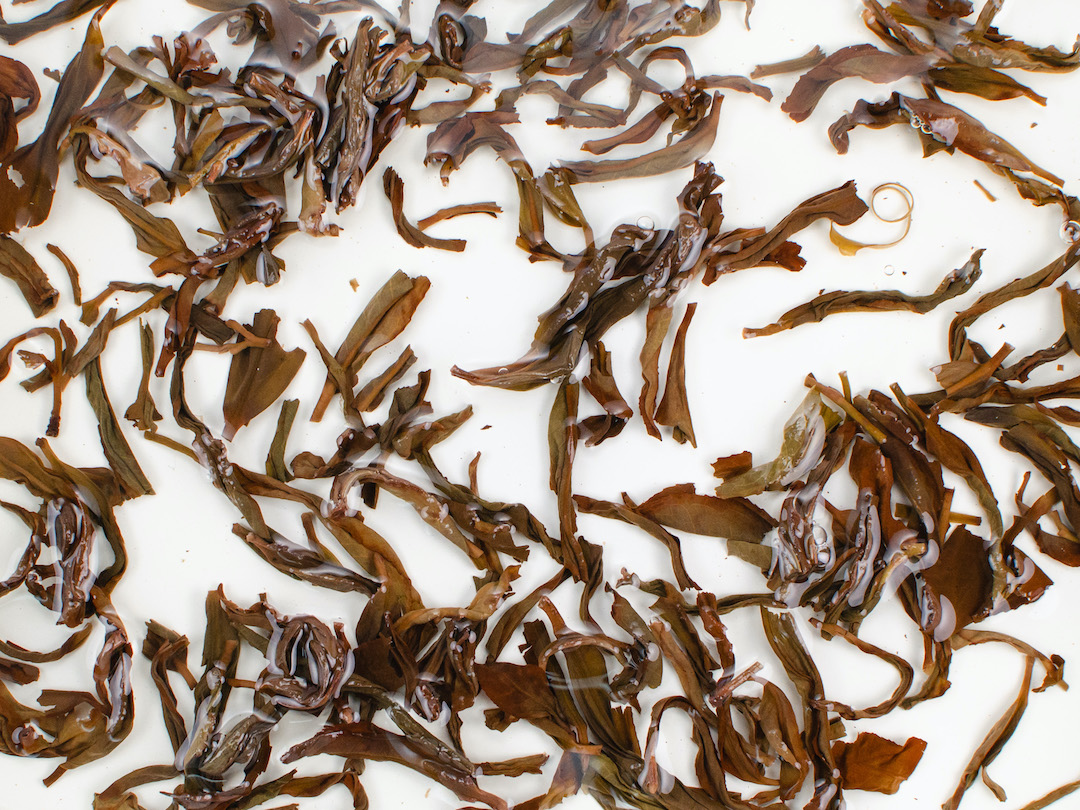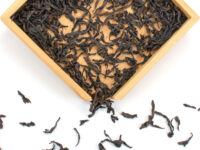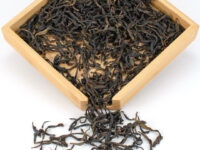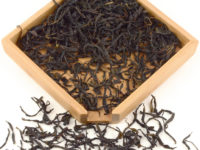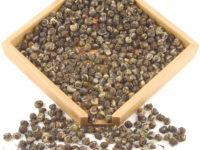Dongfang Hong (The East Is Red)
Dan Cong Wulong Tea 2025
The East is Red is a complex and aromatic tea layered with dark fruit, as well as notes of raspberry, chocolate and geranium. Intense yet smooth and easy to like. Made from tall old trees in famed Wu Dong Mountain.
$47.00
- Tea Origin
- Wu Dong Mountain, Phoenix Mountain, Chaozhou City, Guangdong Province, China
- Tea Bush
- Dongfang Hong (The East Is Red)
- Tea Maker
- Chen Yangxi and Chen Sifan
- Harvest Time
- Mid-April
- Plucking Standard
- Zhong kai mian
Although like most Dan Cong wulong teas, Dongfang Hong (The East Is Red) is made from a single bush variety, its incredibly complex flavor and aroma make it seem like Phoenix Mountain’s answer to the famous Da Hong Pao rock wulong blend from Wuyi Mountain. Its unfurling, bountiful aroma possesses many rich, dark and sweet layers, like a chocolate-covered raspberry chased with floral highs of gardenia and geranium and finishing with a persistent savory incense finish like aloeswood or sandalwood.
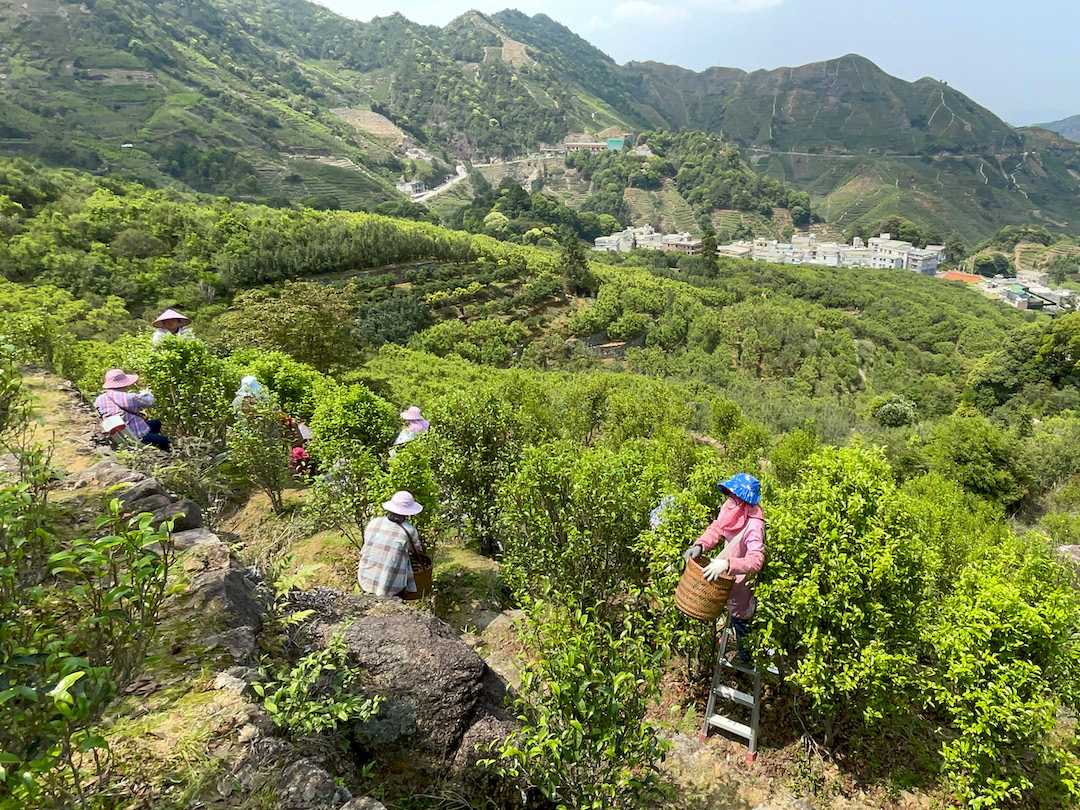
The East Is Red’s poetic name is both a reference to the rosy color of the sky before sunrise, as well as the famous Chinese folk song by the same name. While made in the old traditional Dan Cong wulong style, this particular tea dates back to the 1950s. Dongfang Hong was made as a particularly high-grade tea gifted to high-ranking government officers, especially in Beijing. Its bold and changing flavor is the kind particularly favored by seasoned Dan Cong wulong drinkers.

As it was made with leaf from old-growth tea trees from Wu Dong, the highest mountain peak in the Phoenix Mountains, The East Is Red brews up without a trace of the astringency Dan Cong wulong is prone to. The body remains light yet full even when brewed strong. The powerful aromatics linger in the nose long after you have finished your cup.
The East is Red is masterpiece of the Dan Cong style: a wulong for the true wulong lover.
Learn more about how Dan Cong wulong tea is made here.
Learn more about Dan Cong wulong’s history and Chaozhou tea culture here.
No chemical fertilizer, pesticide, or herbicide was used in the production of this tea. Click here to read more about our promise to fair trade and the environment.

